Your location:Home >Automotive News >
Time:2022-06-24 20:45:00Source:
According to foreign media reports, an international team conducted a comparative study to explore different online algorithms for assessing the state of charge (SOC) of lithium-ion batteries.Participants in the study included researchers from Germany, India, Malaysia, Australia and Saudi Arabia.
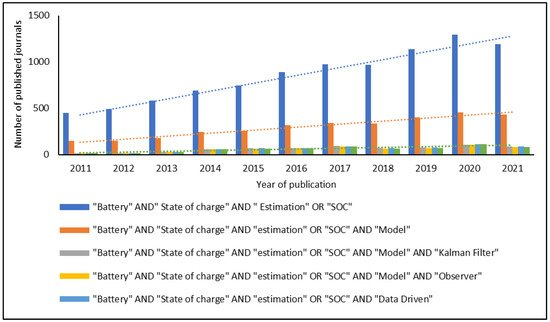
(Image credit: MDPI)
SOC assessment
Lithium-ion batteries have the advantages of high energy density, low self-discharge, and long cycle life, andare widely used inelectric vehicles .SOC assessment of Li-ion batteries is of great significance to prevent critical issues such as overcharge, thermal runaway, and deep discharge.SOC is the ratio of the remaining capacity of the battery to the actual capacity.Because it cannot be measured directly, the battery management system uses an algorithm to monitor the battery SOC.
SOC assessment methods are divided into indirect methods and direct methods.Direct methods include open circuit voltage method and ampere counting method.In a battery management system, these methods are easy to implement, but there are potential errors that can affect SOC assessment.
Indirect methods include data-driven and model-based methods.Model-based methods that have been developed include ECM, EM, EECM, and ECTM, among others.In recent years, researchers have developed many advanced algorithms to provide accurate SOC estimation capabilities, such as Kalman filters, particle filters, Romberg observers, and sliding mode observers.
In order to further improve model-based evaluation methods, improved algorithms have become the focus of research, such as extended KF (extended KF, EKF), unscented KF (unscented KF, UKF) and modified LO.Data-driven methods typically use machine learning algorithms such as feedforward neural networks and recurrent neural networks.However, these machine learning methods are mainly limited by the quality and quantity of datasets.
this study
In recent years, model-based SOC assessment methods have attracted the attention of many researchers due to their high accuracy.In terms of adaptive algorithms, the research on Kalman filter surpasses other types of filters.Benefiting from recent advances in machine learning, data-driven approaches are also gaining traction.
The researchers noted that for a detailed comparative evaluation of the SOC assessment and algorithm, the same test environment must be considered.Because specific evaluation results may vary due to actual operating conditions.
Based on recent research trends, the researchers evaluated 7 different algorithms, namely LO, EKF, SMO, AEKF, UKF, BPNN, and LO.Algorithms are evaluated under identical operating conditions to provide accurate comparisons in terms of complexity and SOC estimation error.
The researchers also analyzed the effect of temperature on the parameters of two RC battery models, using this information for a model-based SOC assessment method.Commercial lithium-ion-based square cells were tested, and the resulting experimental dataset was used for SOC evaluation.The researchers applied different algorithms to the dataset, in addition to comparing the amount of computation and the accuracy of assessing the state of charge.
Research result
These findings can be used to inform future SOC assessments.In addition, it can be used to study other operations, as well as device states and parameters.
By comparing the evaluation results, the researchers concluded that the sequential minimal optimization algorithm (SMO) and the extended Kalman filter (EKF) are the most suitable algorithms for real-time battery management.The EKF algorithm has the smallest evaluation error and the shortest calculation time; while the SME algorithm has the longest calculation time and the smallest error.Furthermore, the researchers confirmed that the 2-RC battery model has excellent accuracy.
Future perspective
This study makes several recommendations for future research directions, including the use of model-based approaches to improve SOC estimation accuracy by simultaneously evaluating parameters to reduce computation and improve accuracy, combining data-driven and model-based approaches, and Create hybrid models to improve the accuracy of online evaluation methods.
Other proposals include developing digital twins and cloud-based battery management systems.While some challenges remain for online SOC evaluation, it is a promising area to improve the commercial viability, safety, and performance of lithium-ion batteries for use in industries such as automotive.
Statement: the article only represents the views of the original author and does not represent the position of this website; If there is infringement or violation, you can directly feed back to this website, and we will modify or delete it.
Preferredproduct
Picture and textrecommendation



2022-06-24 20:43:42

2022-06-24 20:43:22


2022-06-24 20:34:41
Hot spotsranking
Wonderfularticles

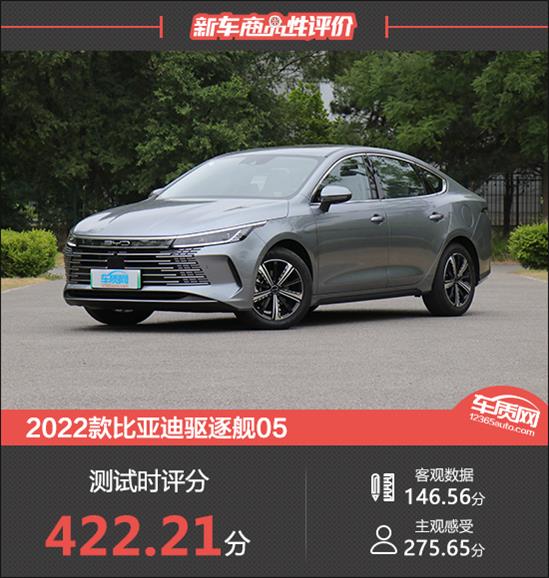
2022-06-24 20:31:57
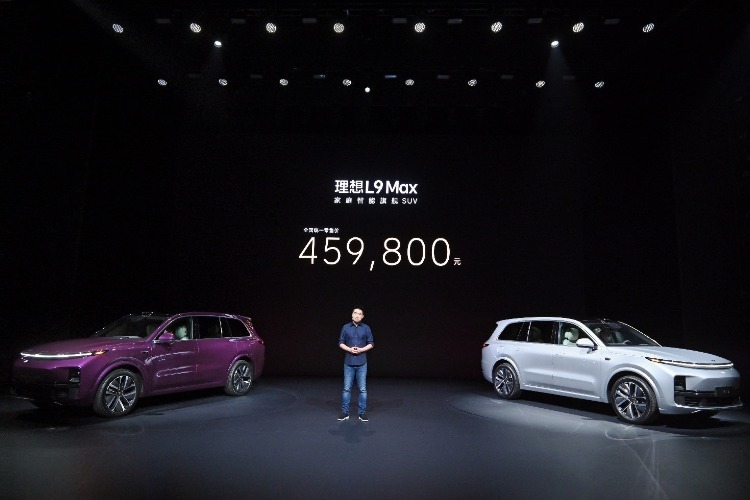
2022-06-24 20:28:04
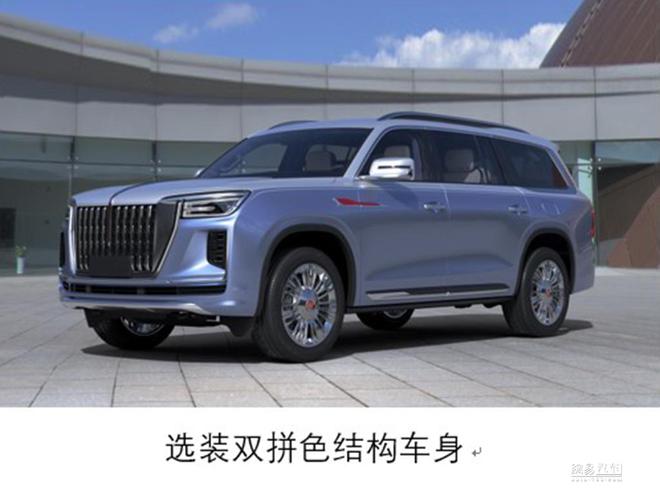
2022-06-24 20:26:16
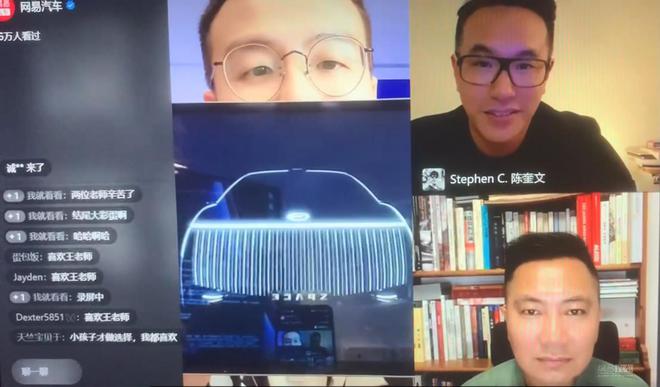
2022-06-24 20:25:45
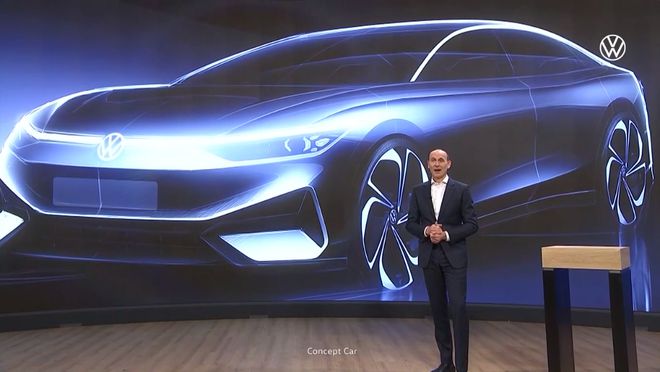
2022-06-24 20:25:14
Popularrecommendations
